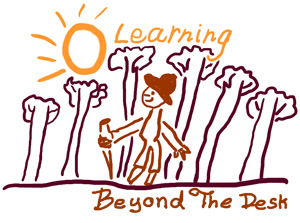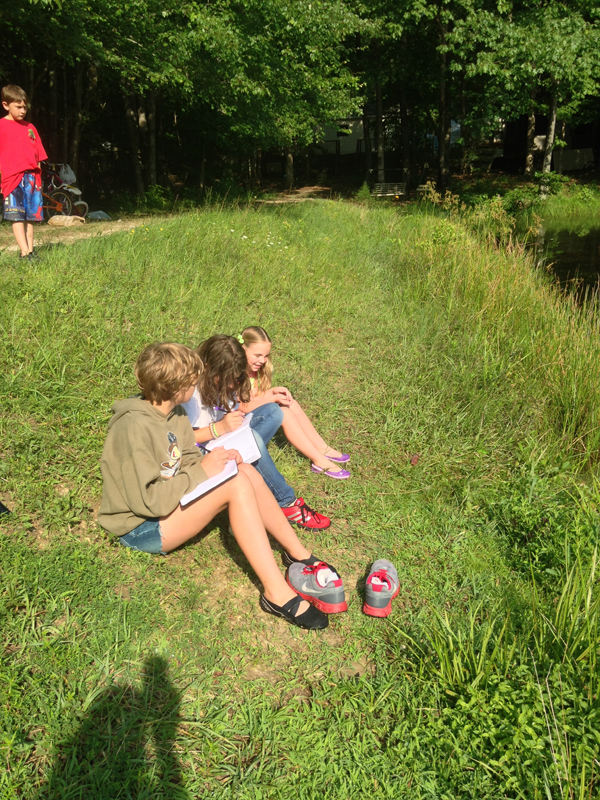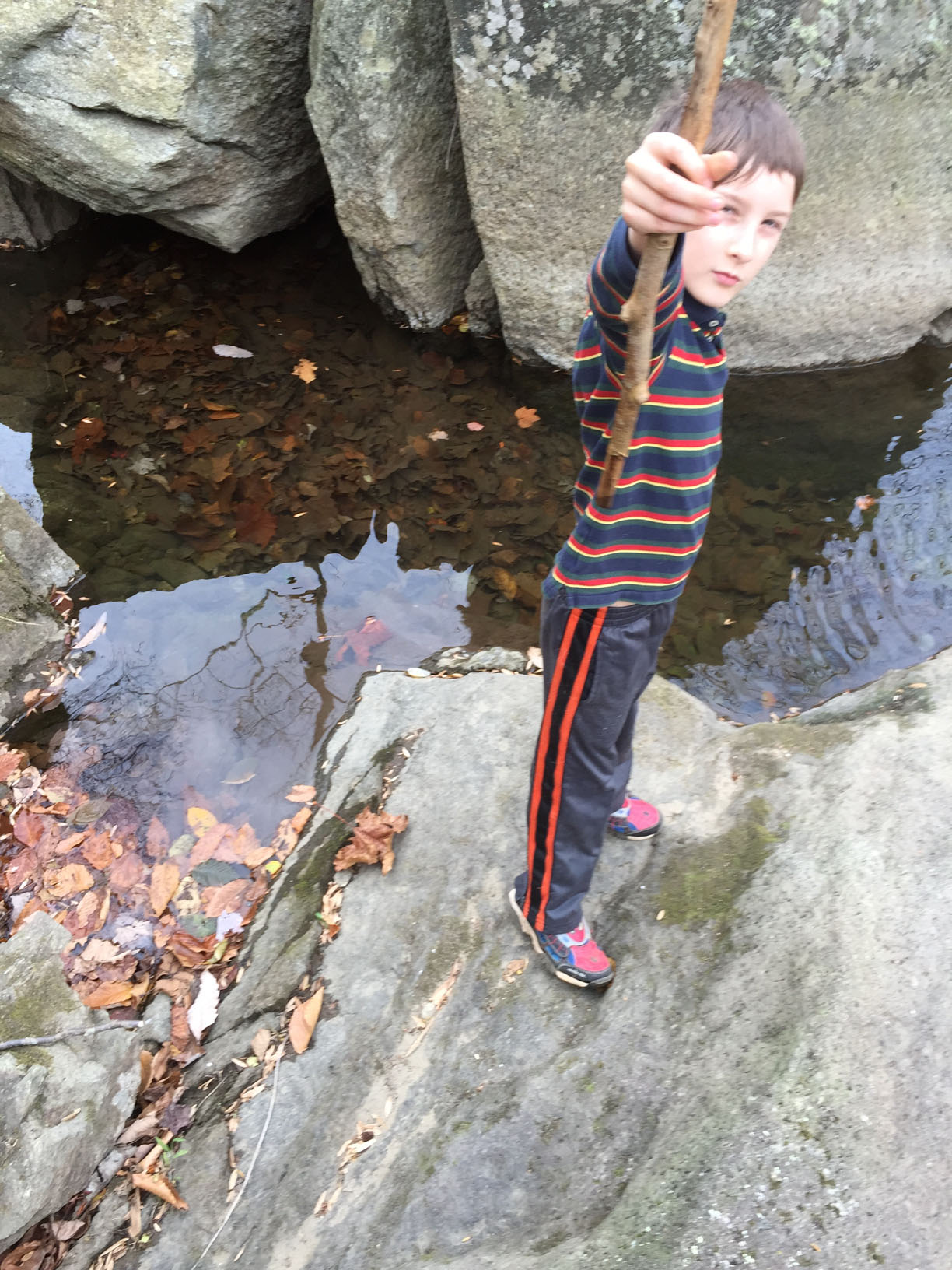We come into this world with a strong, innate desire to explore and learn. Think about it. How difficult is it to keep that toddler still? To keep him out of trouble? We are born explorers and we learn from everything! Follow that with adult life and work, where, again, if we want to learn something, we learn because we are interested in it. Interested in getting a better job, or a particular process or learning another skill. We then focus our energy on learning and making that happen. Life is learning, we do it everyday. And, even more importantly, it is holistic by nature. When we learn naturally, we learn about all the inter-related bits and pieces.
But we diverge from this natural learning process for roughly 13 years–more if we go to college. During these years we are not allowed to learn on our own as we were designed. And we are not allowed to learn by play, exploration, research, trial and error. No. Instead we are forced to sit at a desk, not to ask questions, but to have information dumped upon us. Regardless of the type of learner we are, or the interest level we have in the subject, we are forced to try to understand bits and pieces of disconnected information–all while sitting at a desk.
All of the wonderful complexities of life are divided neatly into “subjects” and textbooks are written with lots of mundane facts about these subjects and tests are given regularly to see if we are remembering those tidbits so our teachers, our schools, our counties, and states can say “see, they are learning their tidbits!” Subjects are disconnected from life and have little meaning and we are not allowed to learn at our own pace. As a matter of fact, if our pace differs from the contrived norm in any one of those subjects, we are then labeled as broken and plans are made to help us fix ourselves and the system is absolved of the test discrepancies since we are, after all, suffering from some disability.
What of those of us that simply cannot sit quietly at a desk and absorb unrelated tidbits of information? Those daydreamers, inventors, builders, the creators among us? Not only are they labeled and given remedial plans, they are often drugged for their misunderstood brilliance.
Then, we graduate. Maybe on to college and then we graduate from that. Then what? From here, it’s back to the normal type of life where learning is everywhere and everything is once again interconnected and interrelated. But for those 13 or more years we have been ordered to do what we are told, to sit down and shut up, that learning can only happen at a desk and be offered by a legitimate teacher. That your life value was determined by how well you did on the test and how well you did compared to your “peers.” And, for so many, told that we are broken and disabled. We learned to drag ourselves to school, even though we hated it and it went against everything we were meant to be and learn and do. Every day. For 13 years.
Some came through this experience well adjusted and able to move on easily, finding success in life as easily as they found it in school or even despite school. But the majority of students coming out of the school system are profoundly impacted by this experience in a very negative way. They have forgotten how to learn and how to honor their inner toddler whose zest of learning was unstoppable and they believed what the system had labeled them–that they were broken. For so many, school is simply training for a life of hating Mondays and longing for Fridays.
Imagine an education system that allows that toddler to continue, unimpeded, the journey of learning by doing and exploring, learning by asking questions and searching for answers? There are more and more options for more natural schooling. Homeschooling offers a world of opportunity for parents to engage with their children on an incredible learning adventure. For those that have time limitations and unable to homeschool, micro-schools are popping up that offer child-centered, interest based learning. There are also homeschooling families that may take on some extra students. For the younger children, Montessori style schools can offer a great start as well. Look for resources in your area. Talk to other homeschooling families to get a better feel for the value of homeschooling and interest-based learning. If you need help finding resources, give us a shout here at EL. We’ll be glad to help you get started!








